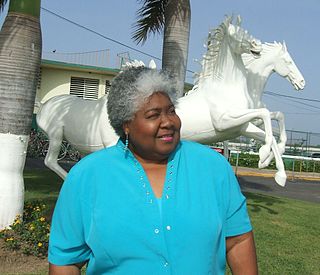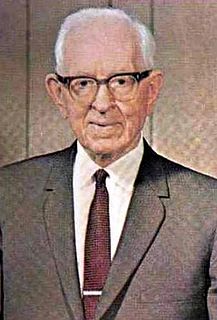A Quote by William Godwin
What can be more clear and sound in explanation, than the love of a parent to his child?
Related Quotes
Without a sense of the shame or guilt of his or her action, the child will only be hardened in rebellion by physical punishment. Shame (and praise) help the child to internalize the parent's judgment. It impresses upon the child that the parent is not only more powerful but also right. Like the Puritans, Locke (in 1690), wanted the child to adopt the parent's moral position, rather than simply bow to superior strength or social pressure.
The parent who loves his child dearly but asks for nothing in return might qualify as a saint, but he will not qualify as a parent. For a child who can claim love without meeting any of the obligations of love will be a self-centered child and many such children have grown up in our time to become petulant lovers and sullen marriage partners because the promise of unconditional love has not been fulfilled.
God's love is so perfect that He lovingly requires us to obey His commandments because He knows that only through obedience to His laws can we become perfect, as He is. For this reason, God's anger and His wrath are not a contradiction of His love but an evidence of His love. Every parent knows that you can love a child totally and completely while still being creatively angry and disappointed at that child's self-defeating behavior.
Compared to other parents, remarried parents seem more desirous of their child's approval, more alert to the child's emotional state, and more sensitive in their parent-child relations. Perhaps this is the result of heightened empathy for the child's suffering, perhaps it is a guilt reaction; in either case, it gives the child a potent weapon--the power to disrupt the new household and come between parent and the new spouse.
Wherever possible, home is by far the best nest until at least eight, ten or twelve. Psychologists and psychiatrists who understand child development would prefer an even later age. In a reasonably warm home, parent-child responses, the true ABC's of sound education, are likely to be a hundred times more frequent than the average teacher-child responses in a classroom.
A conscious parent is not one who seeks to fix her child or seek to produce or create the 'perfect' child. This is not about perfection. The conscious parent understands that is journey has been undertaken, this child has been called forth to 'raise the parent' itself. To show the parent where the parent has yet to grow. This is why we call our children into our lives.
When later he [St. Joseph] carried the Child in his arms, acts of loving faith welled up constantly in his heart. It was a worship that pleased our Lord more than that which he receives in heaven. Picture to yourself Saint Joseph, adoring the little Child in his arms as his God. He tells of his readiness to die for Christ, of all his plans to promote Christ's glory, and to win more souls to his love. No lover builds more scintillating plans for his loved one than a saint.
The traditional paradigm of parenting has been very hierarchical, the parent knows best and very top down. Conscious parenting topples [this paradigm] on its head and creates this mutuality, this circularity where both parent and child serve each other and where in fact, perhaps, the child could be even more of a guru for the parent .... teaching the parent how the parent needs to grow, teaching the parent how to enter the present moment like only children know how to do.
It is a view of God that compensates every thing else, and enables the soul to rest in His bosom. How, when the child in the night screams with terror, hearing sounds that it knows not of, is that child comforted and put to rest? Is it by a philosophical explanation that the sounds were made by the rats in the partition? Is it by imparting entomological knowledge? No; it is by the mother taking the child in her lap, and singing sweetly to it, and rocking it. And the child thinks nothing of the explanation, but only of the mother.






































